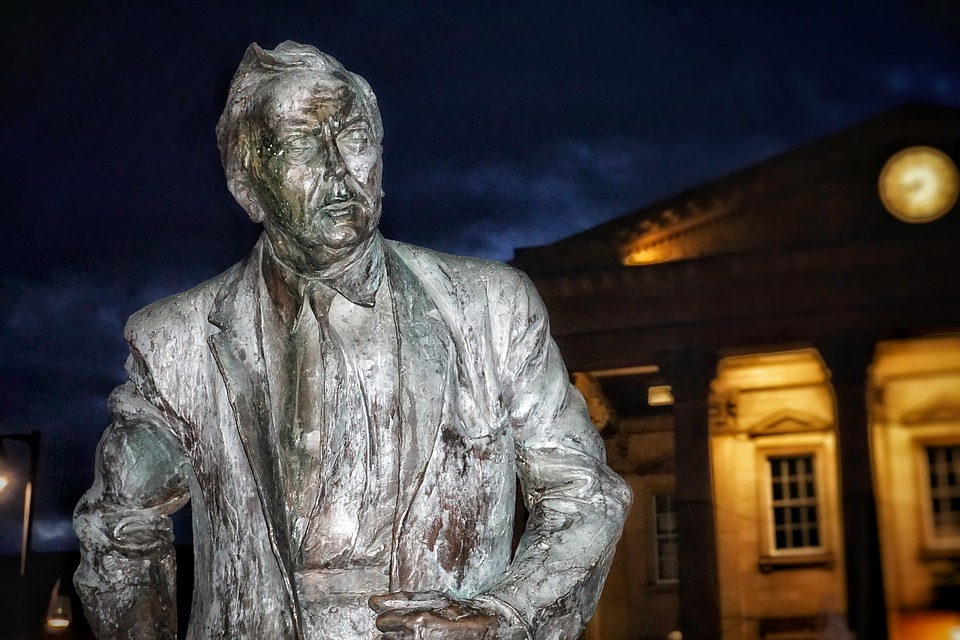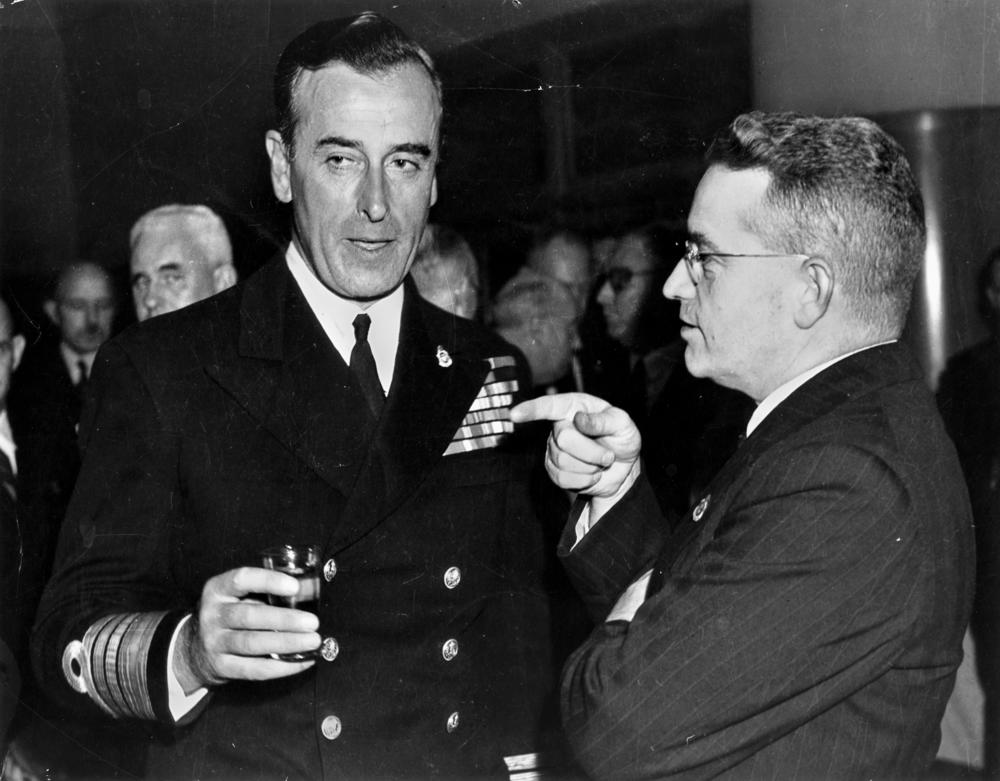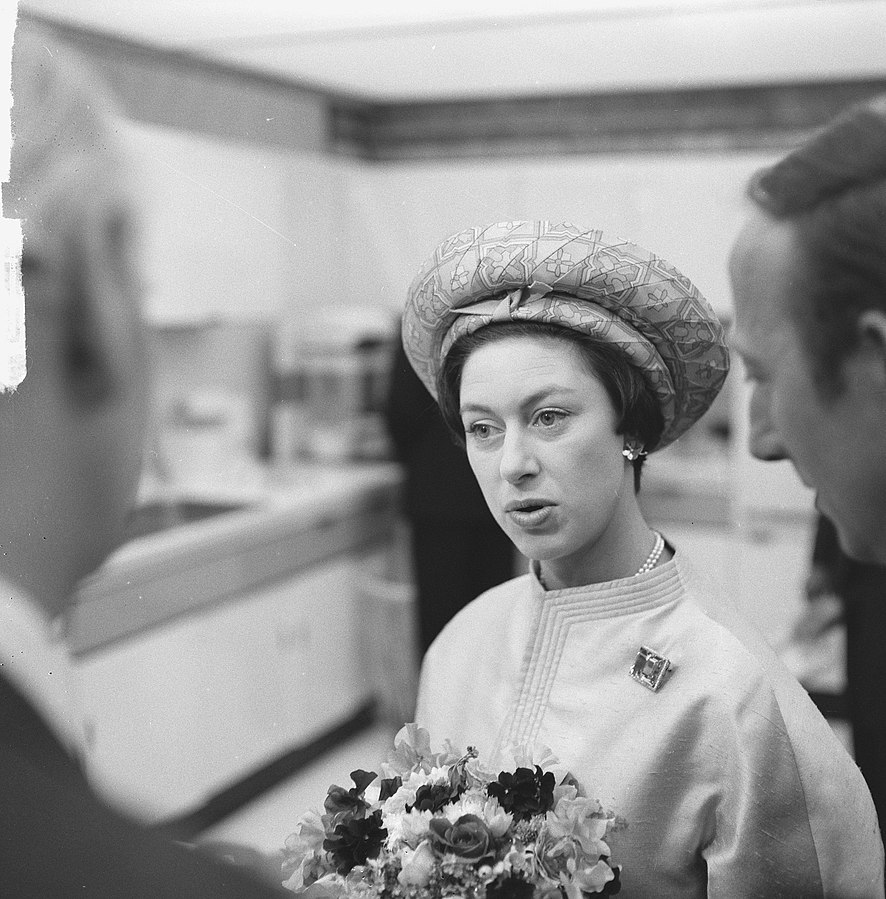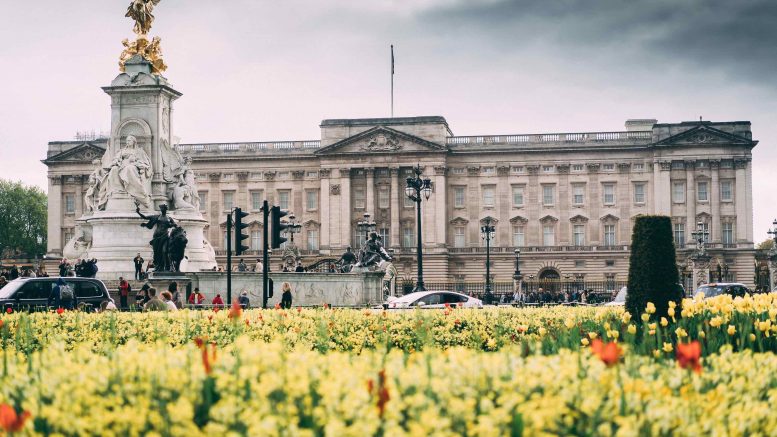This November, Netflix released the third and latest instalment of its popular historical drama web television series, The Crown. One of the main reasons why The Crown is so popular is because, as one critic puts it, watching the television series makes viewers “feel as though we’re peeping into the Royal apartments”.
But just how accurate is The Crown? This article examines the historical accuracy of some of the major plot points of Season 3.
1. Was Anthony Blunt allowed to stay on as Surveyor of the Queen’s Pictures even after he was revealed to be a Soviet spy?
Answer: Yes
Plot summary
In the first episode, Queen Elizabeth II begins to suspect that there is a Soviet spy within her government. She suspects that her Prime Minister Harold Wilson is a Soviet spy, as he had expressed his admiration for the Soviet Union. However, MI5 later informs the Queen that Anthony Blunt, the seemingly politically conservative and upper-class Surveyor of the Queen’s Pictures, is, in fact, a Soviet spy and that Wilson was innocent. The Queen later accepts her government’s advice to not expose Anthony Blunt and continue to allow him to stay on as Surveyor of the Queen’s Pictures in order to protect the reputation of Britain’s intelligence service.

Credit: Pixabay
Analysis
Wilson had indeed been an early admirer of the Soviet Union and had visited the Soviet Union in the 1920s. It is also true that the KGB had tried to recruit Wilson. However, Wilson refused and became more politically centrist, and the KGB eventually gave up trying to recruit Wilson. Anthony Blunt, however, was a member of the Cambridge Five, a spy ring that intentionally placed themselves in positions of power in the British government and MI5 in order to spy for the Soviet Union. During WWII Blunt was recruited by MI5. As an MI5 agent Blunt passed thousands of secret documents to the Soviet Union, including the plans for the Enigma machine. However, in 1963 other members of the Cambridge Five were arrested or exposed. During their investigations, MI5 also discovered that Blunt was a Soviet spy. The government feared that Blunt’s exposure would lead the CIA to mistrust MI5 and therefore not share intelligence with them. As a result, the government granted immunity to Blunt in exchange for a full confession and advised the Queen to keep him on at the palace in order to not arouse suspicion. However, in 1974 Prime Minister Margaret Thatcher publicly exposed Bunt’s treachery, leading Queen Elizabeth II to strip Blunt of his knighthood.
2. Did Lord Mountbatten really plot to overthrow Prime Minister Harold Wilson in a coup?
Answer: No
Plot Summary
In the fifth episode, Lord Mountbatten, Queen Elizabeth II’s father-in-law, is furious at Prime Minister Harold Wilson. This is because Wilson implements a series of controversial measures that Lord Mountbatten believes will lead to the country’s collapse. The measures include devaluing the pound sterling and greatly reducing the funding and size of the British Armed Forces, which leads Wilson to force Lord Mountbatten to resign from his position as Chief of the Defence Staff. Cecil Harmsworth King, Chairman of the Daily Mirror and a director of the Bank of England, hears Lord Mountbatten deliver a speech denouncing Wilson and invites him to serve as a leader of a coup to overthrow Wilson. Lord Mountbatten seriously considers leading a coup, even asking Queen Elizabeth II to sanction the coup, but the Queen refuses, and the coup fails to materialise.

Credit: John Oxley Library, State Library of Queensland
Analysis
Lord Mountbatten was indeed furious at Wilson for devaluing the pound sterling and forcing to resign from his position as Chief of the Defence Staff. King did invite Lord Mountbatten to meet with him after Lord Mountbatten gave a speech denouncing Wilson, which Lord Mountbatten accepted. However, after King explained his plan to organise a coup, Lord Mountbatten politely but firmly refused to be a part of it.
3. Did Princess Margaret try to kill herself by overdosing on sleeping pills?
Answer: No
Plot Summary
In the last episode, Princess Margaret, unhappy by the fact that no one in her family seems to care that her husband Lord Snowden is cheating on her, begins an affair with a young baronet. When news of the affair breaks, Princess Margaret gets into a heated argument with her husband. The argument and apparent lack of sympathy from her family lead a depressed Princess Margaret to attempt suicide by overdosing on sleeping pills.

Princess Margaret – Credit: Nationaal Archief, the Dutch National Archives
Analysis
Princess Margaret was indeed unhappy with her marriage and did have an affair with a young baronet, which many members of her family, including the Queen Mother, disapproved of. In an interview with The Telegraph, during the height of her depression friends of Princess Margaret were unable to wake her one morning after she took sleeping pills. However, both Princess Margaret and her friends confirmed that she had no intention of attempting suicide. Princess Margaret explain: ‘I was so exhausted because of everything that all I wanted to do was sleep…and I did, right through to the following afternoon.'”
Editor’s Picks:
- London Bridge shut down “after gunfire”
- The Brothers of Grime
- Greta Thunberg – the 16-year-old activist, now author of the year
- How historically accurate is The Crown?
Words by: Nicholas Foo | Subbing: Hannah Wilson

